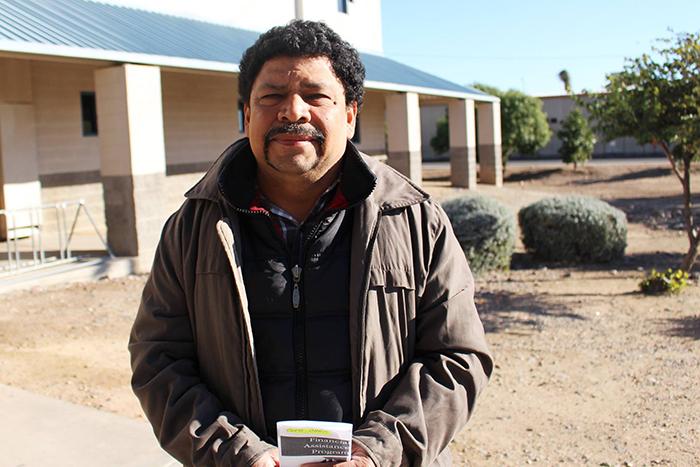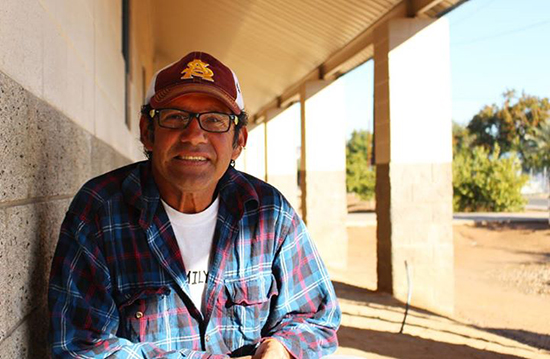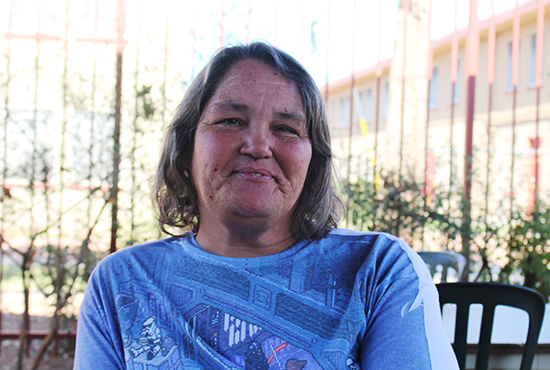
Three Biggest Myths on Being Homeless
Almost 30 years ago, I began working at Ozanam Manor, St. Vincent de Paul's bridge shelter for the elderly and the disabled, as a case manager. Today, I'm the shelter's director and continue to serve our residents on a daily basis.
On a daily basis, our residents meet with case managers who help them look for permanent housing and, if possible, to secure employment. During all this time, I have not only learned many lessons, but I have consistently heard comments on homelessness that simply aren't true.
What follows are, in my opinion, the three biggest myths that continue to be out there about being homeless and the realities behind them.
1. Myth: Many homeless people want to be homeless.
Fact: Almost all homeless people want to be safely housed, but most face difficult barriers, such as inability to work or secure employment, no family support and the lack of sufficient quantity and accesibility of subsidized housing units provided by social services. Some homeless people may be difficult to engage because of untreated mental health issues or negative experiences in their past, but persistence by trained outreach workers will usually lead to success.
2. Myth: Homeless people are dangerous.
Fact: Homeless people or people suffering mental illness are probably no more dangerous than the general population. Like all large groups of people, a very few may be dangerous. Courtesy and common sense are recommended in interactions with homeless people on the street, as with strangers knocking at your door or in other similar situations. Volunteering at a well-run organization offering services to homeless people is a good way to have positive interactions.
3. Myth: People are homeless because they made mistakes in life.
Fact: We all make mistakes in life. Not all outcomes are under an individual's control. For example, probably almost all chronically homeless people had suffered traumatic experiences in childhood. These experiences are related to later emotional difficulties, such as hardship in school or development of mental illness, among others. Of course, not all children who have had trauma become homeless, but the risk is increased. On the other hand, people with supportive families or those who are enconomically secure, are more likely to survive making mistakes or suffering illeness or other misfortune without becoming homeless.






